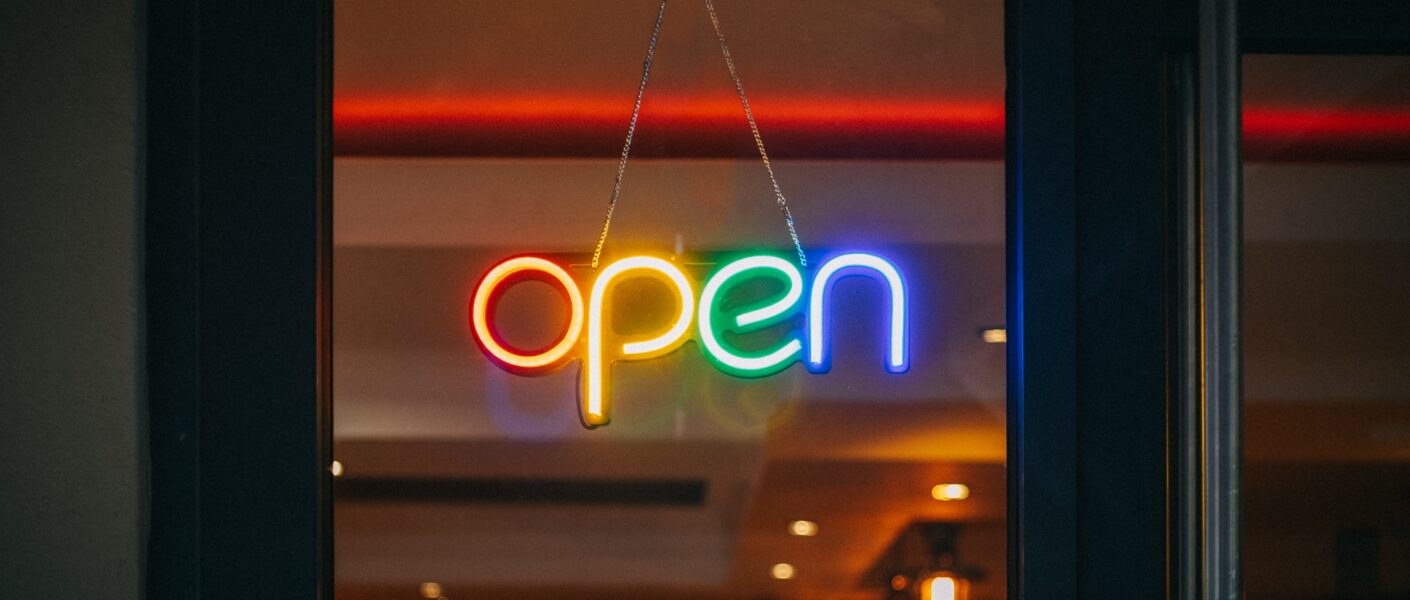The web, a concrete legacy of the 1960’s counterculture (djs61257, 2010b), comes from a generation carrying the ideal of freedom and was idealized by a person seeking a tool that facilitates collaboration and provides equal and easy access to information to all its users. (djs61257, 2010c)
From the beginning, it was already possible to see the two different paths the Web could take. Berners-Lee gave the web for free because of the ideal of sharing, while Bill Gates later saw it as the opportunity of the century – if monetized. In 1995 when Microsoft created Internet Explorer, the Web almost became a branded Microsoft experience, because they were forcing manufacturers to sell computers with the browser pre-installed. (djs61257, 2010d)
The documentary The Internet’s Own Boy introduces a more recent discussion about the Web’s overturn The sad history of hacktivism and institutionalized control that ends with a loss to humanity. Aaron Swartz was ahead of his time and his liberal ideas conflicted with the restrictions imposed by government and institutions.
Lawrence Lessig in his book The Future of Ideas says that this same control that got evident in Aaron’s case is a result of “ideas we take for granted”, in this case specifically the idea that “the whole world is best managed when divided among private owners”. (“The_future_of_ideas_The_fate_of_the_comm.pdf,” n.d.)
Lawrence uses the web as an example that huge innovations happen when there is no control to resources – Aaron Swartz as Tim Berners-Lee believed in that. If the Web was created to be an environment of freedom and to provide access to information, making the world more equal and a better place to live in, what exactly changed? In his other book, Free Culture, Lawrence contextualizes this issue explaining that the laws were changed in order to support the interests of big media. He said “this is not a protectionism to protect artists. It is instead a protectionism to protect certain forms of business.” (“freeculture.pdf,” n.d.)
Some companies adopted the idealized concept of “free”, but behind the screens they have architected a huge organization of data monetization, what Shoshana Zuboff calls “surveillance capitalism”. This form of information capitalism was created by Google and spread quickly to other companies, such as Facebook, becoming the default model in the digital world (CUNY School of Labor and Urban Studies, 2019). The data collected by these companies are used not only to offer advertisements according to your recent navigation, but also to produce predictions of human behaviour.
In academia, the Open Access Movement is a huge step towards the web idealized by Tim, Aaron and Lawrence as well. A web with real free platforms, which provides equal access to knowledge, a “space of one’s own”.
“Open access is a publishing model for scholarly communication that makes research information available to readers at no cost, as opposed to the traditional subscription model in which readers have access to scholarly information by paying a subscription (usually via libraries).” (“What is open access?,” n.d.)
References
djs61257, 2010a. The Virtual Revolution Episode 1 Part 1.wmv.
djs61257, 2010b. The Virtual Revolution Episode 1 Part 2.wmv.
djs61257, 2010c. The Virtual Revolution Episode 1 Part 3.wmv.
djs61257, 2010d. The Virtual Revolution Episode 1 Part 4.wmv.
